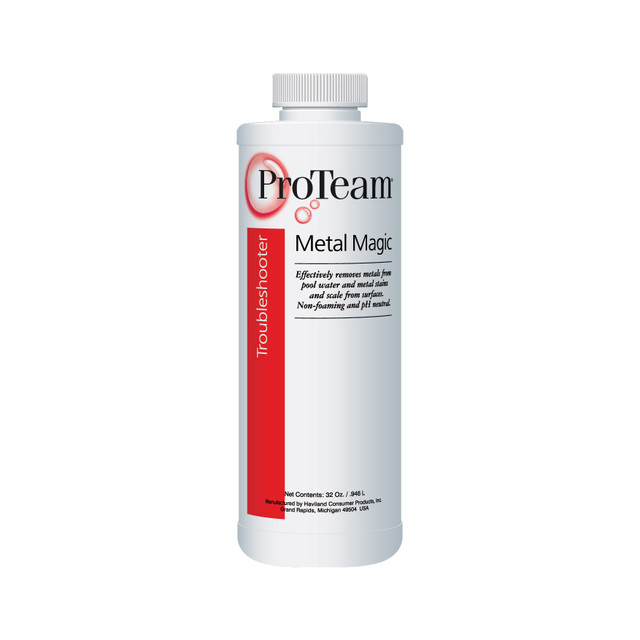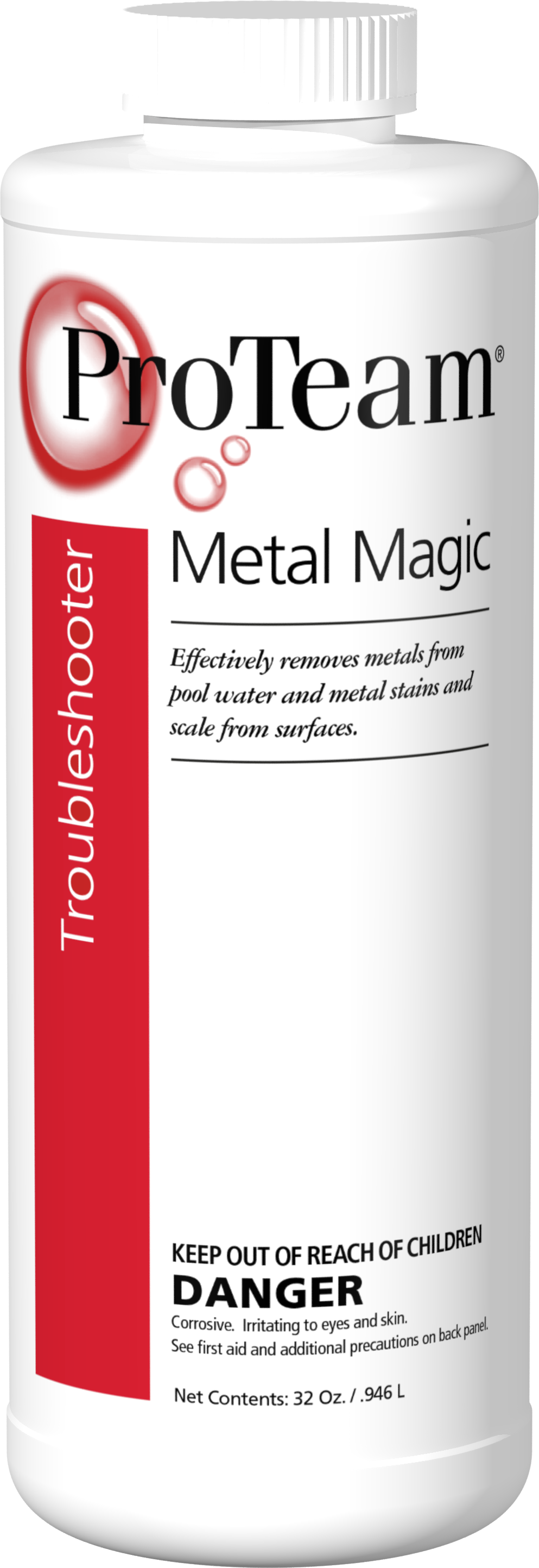- May 22, 2021
- 190
- Pool Size
- 8800
- Surface
- Plaster
- Chlorine
- Salt Water Generator
- SWG Type
- CircuPool RJ-60 Plus
Hi,
I am getting my pesky leak fixed in a week. I am raising Free choline a bit as we will have to drain the pool a hair to get at the nozzle that is leaking
I plan to do the following
My SWG is way oversized and taking this opportunity to clean it (it's been a little over a year)
My questions are:
I am getting my pesky leak fixed in a week. I am raising Free choline a bit as we will have to drain the pool a hair to get at the nozzle that is leaking
I plan to do the following
- Patch the cracks in tile with epoxy/pool putty
- Remove stains ( in progress with a tool i bought that puts Vitamin C at pool floor)
- Have pool guys fix leak
- Pull the SWG and put a blank in and clean SWG
- While SWG is pulled, use a sequentant (proteam metal magic) to get rid of the metal
My SWG is way oversized and taking this opportunity to clean it (it's been a little over a year)
My questions are:
- at what point should i put the SWG back in- how long after the metal removal process
- Some have said there is metal remover where you can leave the SWG in byut I really don't wnat to do that- my fear is the SWG leaking after cleaning. Do I need to preorder new orings for proper seal?




